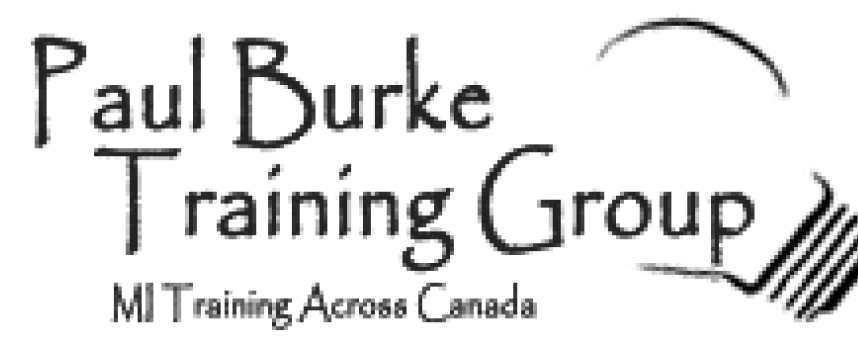Facilitation Skills for Small Group Practice with MI

This workshop supplies the cure for the plague of “drive-by-training”! That’s important – because the developers of MI note that learning the approach entails a similar process to that of learning to play a musical instrument. Three things are required:
- Formal “lessons” in what it is, how it works, and how to do it (usually obtained in the form of brief workshops)
- Opportunity for extensive and focused practice with the skills introduced at the workshop(s), and
- Accurate, objective feedback on what is getting practiced!
If the only thing that a new learner did when trying to learn to play the piano was to take the initial lesson, s/he might develop some knowledge about the instrument – but would be unlikely to develop the actual skills required to make the learning translate into skill. That’s where training in Peer Coaching comes in!
The Peer Coaching process is designed to ensure that learners have an opportunity to regularly practice what they have learned in MI workshops, along with accurate, high-quality feedback on the skills that they practice.
Coaching in MI Learning Circles (Communities of Practice) involves guiding group participants through a parallel process, to learn how MI serves to guide clients. Coaching is not so much about expertise as it is about learning to be a skilled collaborator. In our 5-day coaching development workshop, coaches are first thoroughly trained in the use of the MITI 3.1 fidelity coding instrument, to ensure that they are aware of the constituents of an MI interview and how they manifest at various levels of proficiency and competency in an MI interview. Coaches have the option to “code” one of their own interviews in this workshop (and to have their self-assessment verified for reliability by at least one other peer), and then to learn how to provide MI-consistent feedback on observations related to the performance of peers.


An overview of training exercises that can be used in “Peer Coaching Circles” (Communities of Practice) is also provided, and each participant is given the opportunity to prepare for and then demonstrate an “in vitro” demonstration of a coached learning activity that they might use with a small group of peers in a coaching circle.
Lastly, our Peer Coaching workshop provides learners with important, experience-based guidelines on how to establish, support and maintain a “learning circle” so that it becomes a self-perpetuating, self-reliant and sustainable learning community. This important information helps prevent the problem of “post-workshop skill-drift” and “participation drop-out” that can plague groups that start up without considerable advance planning and leadership.
In all, our Peer Coaching workshop is designed around a model that we refer to as “each one teaches one”.
We recommend that once trained, coaches work in pairs. Coaches are part of your staff team who decide to take on a coaching role in order to enhance their own learning of MI. Coaches need not position themselves as “experts” in the approach, or as “instructors”. Instead, Peer Coaches work to help others to develop the competency and the confidence to take on a coaching role, over time, so that each coaching pair replaces themselves with a new coaching pair (on a pre-determined time cycle), thus giving everyone who wants to “dig in” to their learning of MI the chance to learn by helping another to learn.
An important prerequisite for enrollment in a Peer Coaching workshop is the completion of at least one advanced-level MI course, and a solid experience base in the practice of MI with clients. Practitioner competency in MI will be assessed as part of the Peer Coaching workshop.
Where Do We Offer Training In Canada?
Alberta, AB, Saskatchewan, SK, Manitoba, MB, Ontario, ON, New Brunswick, NB, Nova Scotia, NS, Newfoundland, NL, Prince Edward Island, PE, British Columbia, BC, Yukon, YK, Northwest Territories, NT, Nunavut, NU.
